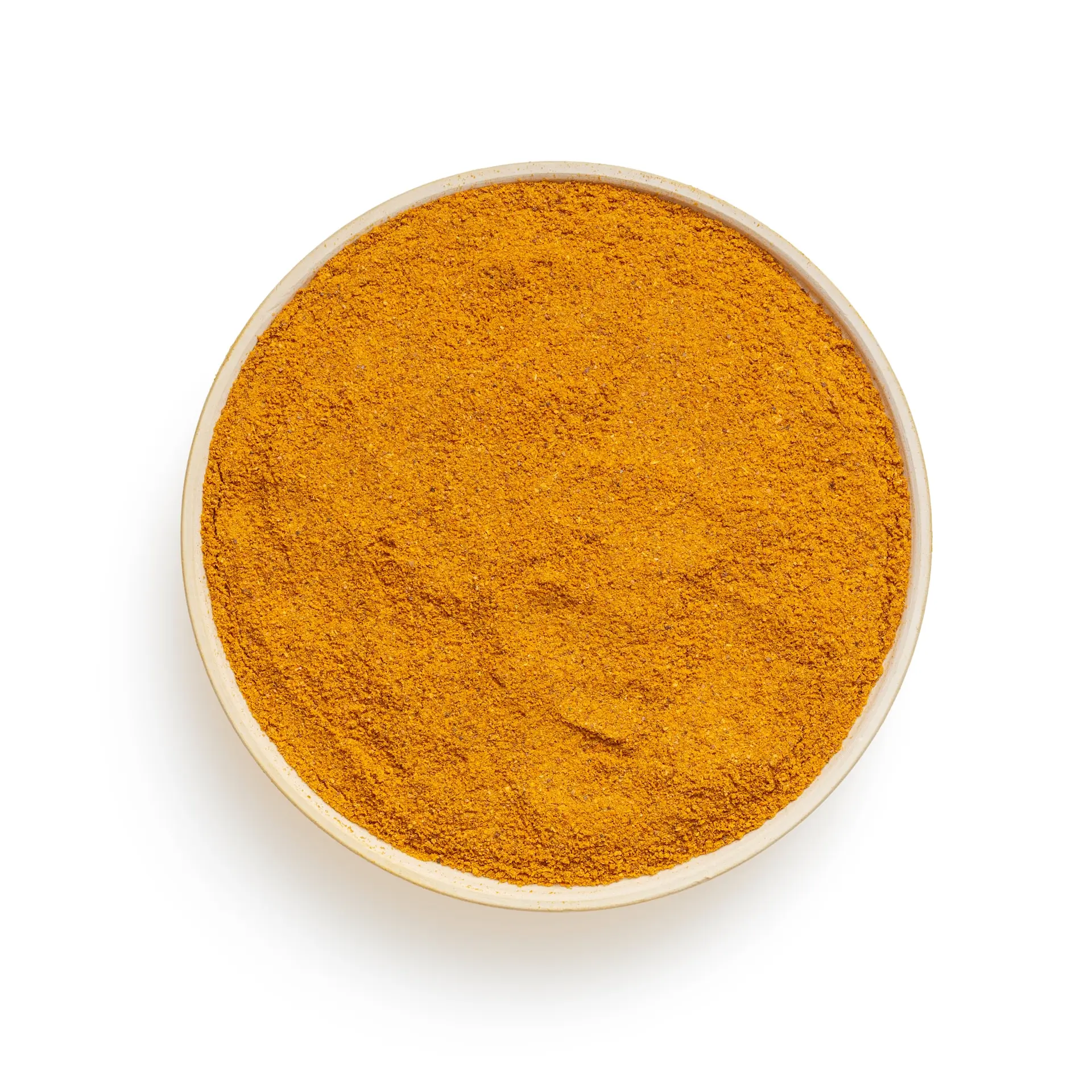Curcumin
What is Curcumin?
Curcumin is a bioactive compound extracted from the root of the turmeric plant (Curcuma longa), which has been widely used in traditional medicine for centuries. This bright yellow chemical is the primary active ingredient in turmeric and is responsible for its numerous health benefits, including anti-inflammatory, antioxidant, and cognitive-enhancing properties.
Where does Curcumin come from?
Curcumin is derived from the root of the turmeric plant, a member of the ginger family. Turmeric is native to Southeast Asia, particularly India, where it has been used for thousands of years as a culinary spice, medicinal herb, and a natural dye for textiles.
What are the effects of Curcumin?
Cognitive
- Curcumin has been shown to improve cognitive function, including memory, focus, and attention.
- It possesses neuroprotective properties and may help slow down age-related cognitive decline.
- Curcumin may help reduce anxiety and depression by modulating neurotransmitters and promoting neurogenesis.
Physical
- Curcumin exhibits potent anti-inflammatory effects, making it useful for managing various inflammatory conditions.
- Its antioxidant properties help protect cells from damage caused by free radicals.
- Curcumin may also promote heart health by reducing inflammation and improving endothelial function.
How to use Curcumin?
Curcumin can be consumed as a supplement in capsule or tablet form, or by incorporating turmeric powder into your diet. Since curcumin has low bioavailability, it is often recommended to consume it with black pepper or a fat source, which can help increase absorption.
How much Curcumin to use?
When trying out new supplements it is wise to start with a lower dose and–depending on the experienced effects–increase or decrease the dosage accordingly
The optimal dosage of curcumin can vary depending on individual factors and desired effects. A general guideline is as follows:
- Mild dosage: 50 mg
- Medium dosage: 250 mg
- Strong dosage: 500 mg
It is important to start with a low dose and gradually increase as needed. Always consult a healthcare professional before beginning any new supplement regimen.
What are the side effects of Curcumin?
Curcumin is generally considered safe when consumed in moderation. However, some people may experience side effects, including:
- Digestive issues like nausea, diarrhea, and stomach cramps
- Headaches
- Allergic reactions, such as skin rash or hives (rare)
If you experience any adverse effects, discontinue use and consult a healthcare professional.
Interactions of Curcumin
Most nootropics are relatively safe to use on their own. Combining them with other substances may cause them to suddenly become dangerous or life-threatening.
Curcumin may interact with certain medications, including:
- Blood thinners, as curcumin may increase the risk of bleeding
- Diabetes medications, as curcumin may lower blood sugar levels
- Antacids, as curcumin may increase stomach acid
Always consult a healthcare professional before starting curcumin supplementation, especially if you are taking medication or have a pre-existing medical condition.
| Name | Curcumin |
| Other names | Turmeric extract |
| Effects | Sleep, Focus, Memory, Anxiety Reducing |
| Dosage | 50 ~ 250 mg Low to medium dosage 50 250 500 |
